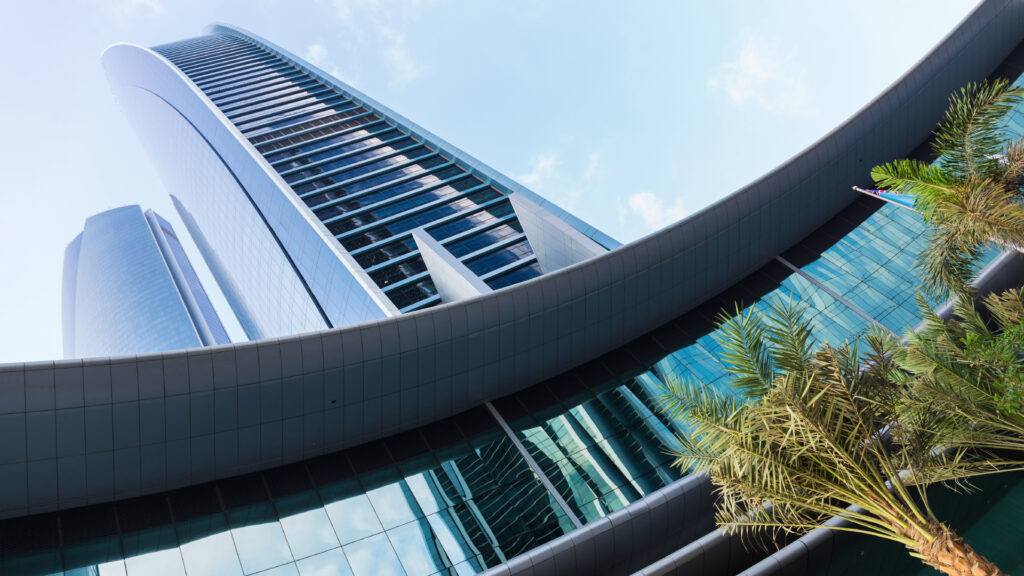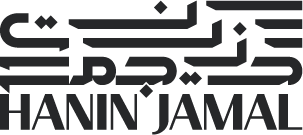Key Points of ADDED
- The Abu Dhabi Department of Economic Development, also known as ADDED, is a key government entity in the UAE, established in 2018 to regulate business and drive economic growth.
- It focuses on sectors like advanced manufacturing, trade, technology, renewable energy, healthcare, and financial services, contributing to a diversified economy.
- Research suggests it has boosted non-oil GDP growth, with a 9.1% increase in 2023 and continued growth in 2024, making Abu Dhabi attractive for investment.
- An unexpected detail is its role in fostering international partnerships, enhancing Abu Dhabi’s global economic position through transparency and innovation.
Introduction About ADDED
The Abu Dhabi Department of Economic Development (ADDED), commonly referred to as ADDED, plays a vital role in shaping the economic landscape of Abu Dhabi, the capital of the United Arab Emirates (UAE). Established to regulate the business sector and drive sustainable growth, ADDED is at the heart of the emirate’s efforts to diversify its economy beyond oil. This article explores its history, key functions, and impact, providing a clear overview for those interested in understanding its significance.
Key Functions and Sectors
ADDED, established in 2018 under Law No. 7 of 2018, focuses on proposing economic policies, developing strategic programs, and fostering international cooperation. It targets key sectors such as advanced manufacturing, trade and logistics, advanced technology, renewable energy, healthcare, and financial services. For example, initiatives like “Made in Abu Dhabi” aim to position the emirate as a global manufacturing hub, while projects like the Shams Solar Power Station boost renewable energy.
Economic Impact
The evidence leans toward ADDED significantly contributing to economic growth, with non-oil GDP rising by 9.1% in 2023 and continuing to grow in 2024, reaching a total GDP of USD 300 billion. This growth, driven by non-oil sectors at 6.6% in the third quarter of 2024, highlights ADDED’s success in diversification. It also ranks Abu Dhabi #1 for ease of doing business in the Middle East, attracting global investors.
Future Vision
ADDED aligns with Abu Dhabi’s Economic Vision 2030, aiming for an open, efficient business environment and a skilled workforce. Its plans include enhancing infrastructure and fostering innovation, ensuring long-term sustainability and global competitiveness.
Comprehensive Analysis of Abu Dhabi ADDED

The Abu Dhabi Department of Economic Development (ADDED), often referred to as ADDED, is a cornerstone of economic governance in the United Arab Emirates (UAE), specifically within the emirate of Abu Dhabi. Established in 2018 under Law No. 7 of 2018, ADDED plays a pivotal role in regulating the business sector and driving initiatives that align with the emirate’s ambition for a knowledge-based, diversified, and sustainable economy. This detailed analysis explores its history, functions, key sectors, economic impact, and future vision, providing a thorough understanding for stakeholders, researchers, and the general public.
Historical Context and Establishment
ADDED was formed in 2018 as part of a strategic effort to centralize and optimize economic and regulatory functions previously managed by various entities in Abu Dhabi. This move was crucial for streamlining policy-making and implementation, ensuring a cohesive approach to economic development. The establishment under Law No. 7 of 2018 marked a significant milestone, reflecting the emirate’s commitment to economic diversification and sustainability. For more detailed historical insights, the official website Department of Economic Development provides comprehensive information.
Roles and Responsibilities
ADDED’s multifaceted role is essential for Abu Dhabi’s economic landscape. It is tasked with:
- Policy Proposals: Developing economic and commercial policies based on the latest research and statistical data, ensuring growth and diversity across sectors. This involves analyzing local, regional, and global indicators to propose strategies that enhance competitiveness.
- Strategic Programs: Preparing and implementing programs that adopt best economic and administrative practices. This includes employing top human resources and leveraging advanced technology to drive innovation and efficiency.
- International Cooperation: Advancing Abu Dhabi’s economic interests through partnerships with regional and international entities. This fosters transparency, innovation, and knowledge exchange, making Abu Dhabi a globally attractive investment destination.
These responsibilities are detailed on the department’s LinkedIn page Abu Dhabi Department of Economic Development(ADDED), which highlights its stakeholder-focused approach.
Key Sectors and Initiatives
ADDED focuses on several key sectors to drive economic growth, each supported by specific initiatives and investments. The following table outlines these sectors and their objectives:
| Sector | Description and Initiatives | Objective |
|---|---|---|
| Advanced Manufacturing | Supports “Made in Abu Dhabi” with investments over AED 13.5 billion (USD 3.69 billion), targeting global leadership by 2031. | Position Abu Dhabi as a manufacturing hub. |
| Trade and Logistics | Leverages Khalifa Port, Abu Dhabi International Airport, and road networks for enhanced connectivity. | Become a leading trade and logistics center. |
| Advanced Technology | Promotes hubs like Abu Dhabi Global Market (ADGM), focusing on AI, IoT, and space technology via Mohammed Bin Rashid Space Centre. | Foster innovation and tech-forward city status. |
| Renewable Energy | Includes Shams Solar Power Station and Noor Abu Dhabi, aiming to increase clean energy contribution. | Reduce carbon footprint and lead in renewables. |
| Healthcare and BioPharma | Supports Cleveland Clinic Abu Dhabi and Abu Dhabi Stem Cell Center, investing in research and advanced treatments. | Establish as a global healthcare research hub. |
| Financial Services | Nurtures banks and ADGM, attracting international financial companies for a dynamic ecosystem. | Create a robust and innovative financial sector. |
These sectors are highlighted on the official website under growth sectors Growth Sectors, providing further details on investment opportunities and infrastructure.
Economic Impact and Statistical Insights
The impact of ADDED’s initiatives is evident in Abu Dhabi’s robust economic growth. According to the Abu Dhabi Statistics Center Abu Dhabi Statistics Center, in 2023, the non-oil GDP grew by 9.1%, contributing to a total GDP of USD 300 billion. This growth continued into 2024, with a 3.3% increase in the first quarter and 4.5% in the third quarter, driven by non-oil sectors growing at 6.6%. By the third quarter of 2024, non-oil sectors accounted for 54% of the economy, underscoring the success of ADDED’s diversification strategies.
Additionally, ADDED’s efforts have enhanced Abu Dhabi’s business environment, ranking it #1 for ease of doing business in the Middle East, as noted in the department’s overview Department Overview. This has attracted significant foreign investment, with 100% foreign ownership and profit repatriation allowed, making the emirate a magnet for global businesses.
Future Plans and Alignment with Vision 2030
ADDED’s strategies are aligned with Abu Dhabi’s Economic Vision 2030, which aims to build an open, efficient, and globally integrated business environment. The vision’s key pillars include:
- Open and Efficient Business Environment: Streamlining regulations to enhance competitiveness and attract investment.
- Prudent Fiscal Policy: Managing finances to ensure stability and sustainability, responding to economic cycles.
- Strong Financial and Monetary Market: Maintaining a stable currency with controlled inflation to support economic activities.
- Enhanced Labor Market Efficiency: Developing a skilled workforce through education and training, improving productivity.
- Adequate and Robust Infrastructure: Investing in modern infrastructure, such as ports and airports, to support expected economic growth.
- Highly Skilled and Productive Workforce: Fostering a talent pool capable of driving innovation and economic advancement.
These priorities are detailed in the department’s strategic plans, accessible via Strategic Plans, ensuring long-term sustainability and global competitiveness.
Broader Implications
In conclusion, ADDED is a crucial driver of Abu Dhabi’s economic development, regulating the business sector, driving economic initiatives, and focusing on key growth sectors. Its strategic vision and commitment to innovation and sustainability position the emirate for continued success in the global economy. The department’s role in fostering international partnerships, an often overlooked aspect, enhances Abu Dhabi’s global economic position, making it a leader in transparency and knowledge exchange. This comprehensive approach ensures that Abu Dhabi remains a competitive and attractive destination for business and investment, aligning with its ambition to be a knowledge-based economy by 2030.


